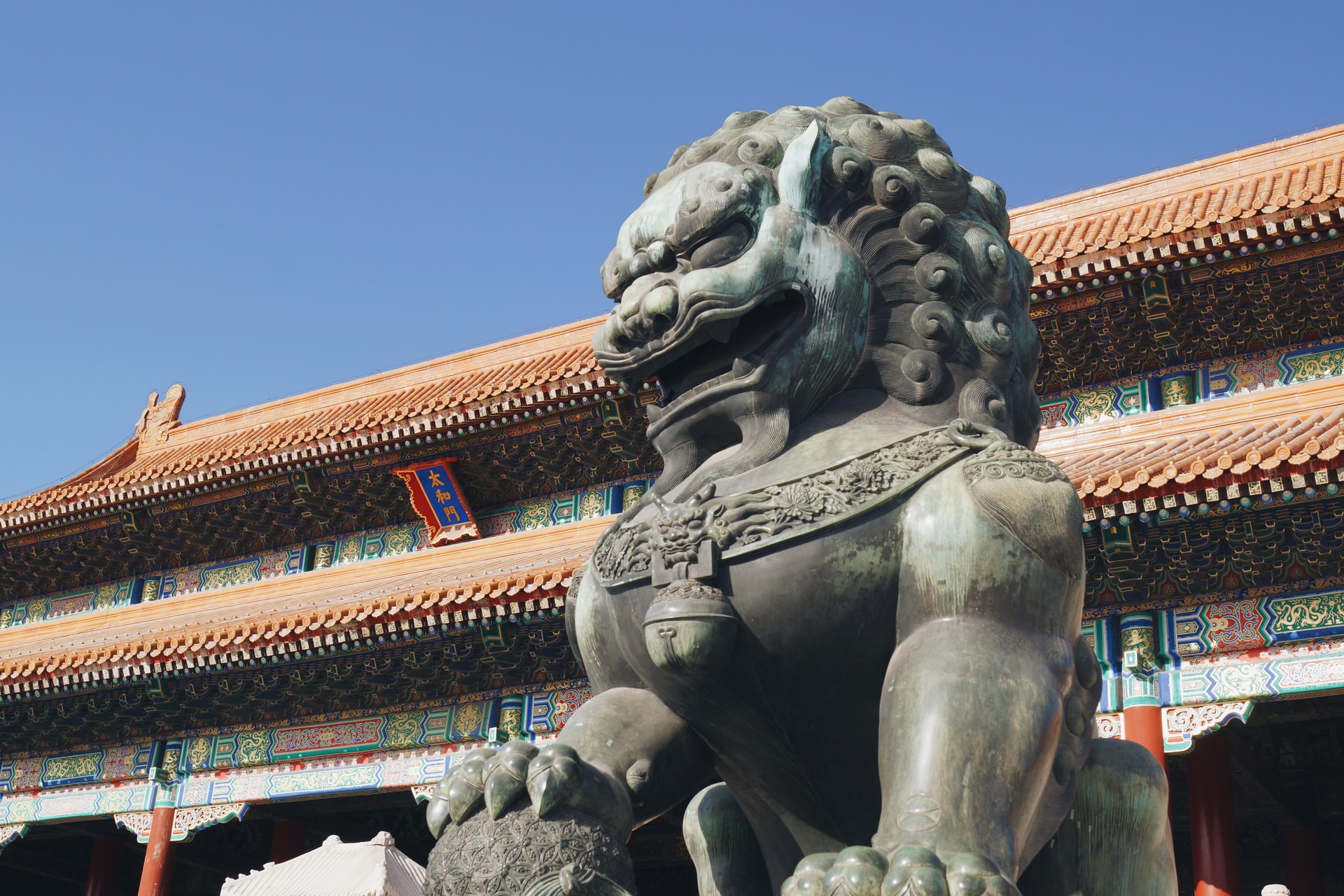Over the last week, Chinese stocks trading on US markets have posted historic losses amid new regulatory restrictions proposed by the China’s government. The education sector has been hit hardest, as Beijing aims to restrict the industry’s ability to raise capital and go public, a ruling that may have cost US and European banks nearly $12 billion in losses. Similarly, tech companies including DiDi and Tencent have also seen their stock prices drop as China calls for increased regulation in those spaces as well.
It remains to be seen which direction Chinese equities will trade in the weeks and months ahead, but the unpredictable nature of the Chinese government may continue play a larger role in discouraging capital inflow from international investors.
Related ETF & Stocks: Invesco Golden Dragon China ETF (PGJ), Gaotu Techedu Inc. (GOTU), TAL Education Group (TAL), New Oriental Education & Technology Group Inc. (EDU), DiDi Global Inc (DIDI)
New Ruling Limits Education Industry Growth, Tech Companies Struggle With Regulation
Last week, China announced new restrictions for businesses in the education and tutoring sector, an industry valued at over $120 billion, per the BBC. Beijing will now limit education companies’ ability to raise capital or go public, essentially turning the lucrative industry into a group of nonprofits.
The jarring regulatory announcement adds to the trend of Chinese government interference that has caused tech companies’ values significantly decline.
According to Bloomberg, the news triggered a three-day decline of over 19% in the Nasdaq Golden Dragon China Index, which tracks 98 of the biggest Chinese firms listed in the US. The freefall is the largest three-day decline on record, surpassing losses seen during the 2008 financial crisis.
Some of the biggest education companies, including TAL Education Group, New Oriental Education & Technology Group Inc and Gaotu Techedu, all fell more than 26% on Monday after the news was announced, and more than 67% each over the last week, per Yahoo Finance.
Forbes reported that the crash may have caused major US and European banks, including UBS and Goldman Sachs, to absorb nearly $12 billion in losses. On Wednesday, Fang Xinghai, vice chairman of the China Securities Regulatory Commission, convened those banks and several others on a call to reassure the market participants that the Chinese government does not want to hinder the growth of their technology industry, and the country has no intention to decouple from global markets.
Though a wave of upbeat articles from China’s state news agencies followed that call, boosting shares of the country’s tech stocks listed in New York and Hong Kong, global investor confidence in Chinese equities has undoubtedly been dented.
DiDi, commonly referred to as the ‘Uber of China’, was one of the companies who saw their stock price rebound by double digits after the Chinese government went into damage control, but their shares remain down more than 37% since their US IPO last month. The ride-hailing giant garnered substantial investor interest, reaching a market cap of nearly $70 billion before trading on US markets, per CNBC.
The company has been running into trouble with regulators for a period of months now. Just weeks before DiDi planned to go public, China warned the company that it should delay its IPO and investigate potential security complications with its app. Unfortunately for their investors…
To read the complete Market Insight, current clients SIGN IN HERE For a free trial, or to subscribe and become an MRP client today, START A FREE TRIAL Once you’re logged in, you’ll also gain access to:










